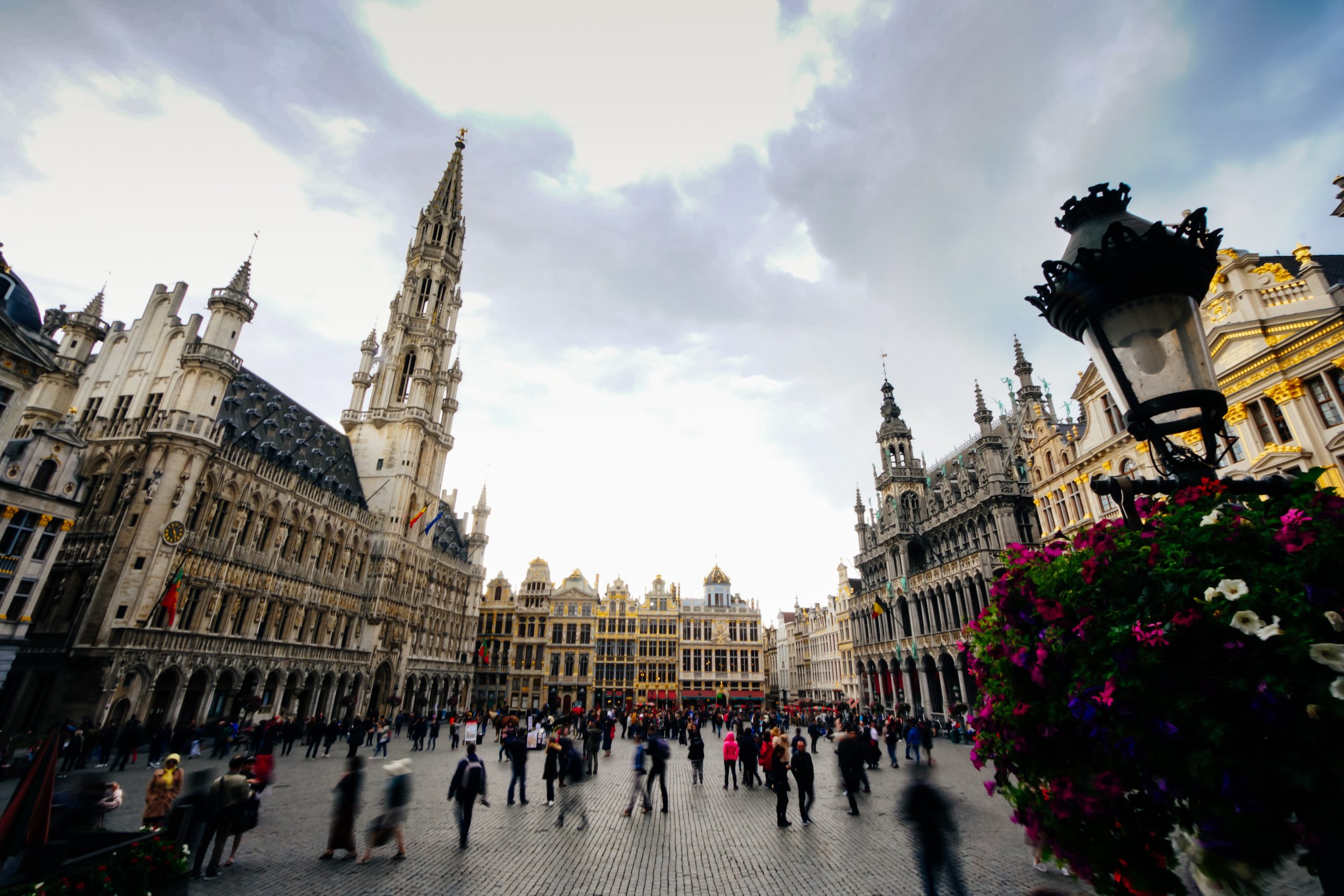This is part 4 of a 5 part series where we take a fine tooth cultural and working comb to the major financial centres around Europe. Today, it’s Luxembourg.

Luxembourg is the capital of the Grand Duchy of Luxembourg – home to approx. 700,000 people, which makes it the capital of one of the most sparsely populated EU countries, whilst conversely retaining one of the highest GDP per capita ratios in the western world (261% above the EU average in 2019).
Luxembourg is a member of the Benelux Economic Union and was a founding member of the EEC and EU. The Schengen agreements were named after the village of Schengen, in Luxembourg, where the treaty was signed, and the country remains overwhelmingly in favour of NATO and the EU: It is proud of its position as an interconnected, global country. Luxembourg is home to the European Court of Auditors, the Court of Justice of the EU, and the Secretariat of the European Parliament and is the world’s only remaining sovereign grand duchy.
Geography and Travel
- The country of Luxembourg is one of the smallest in Europe: landlocked, with borders to Belgium, Germany and France, split into 12 cantons. The city of Luxembourg is the largest. Outside of the city, Luxembourg is a beautifully verdant country of rolling hills, mountains, forests and rural communities.
- The city itself boards TGV links to Paris, and many flights from both larger and smaller, more local airports are possible, from the UK (Bristol or London) starting at £130, France (Nice) at £190, and from Germany (Berlin or Munich) at £180.
Culture
- Luxembourg has a rich history at the centre of European culture and movements of people. Citizens are trilingual (mostly), and the city itself is a UNESCO World Heritage site. Luxembourg is known for its contemporary and post-impressionist artistic heritage, and takes huge amounts of culinary influence from its neighbours. A slew of modern architectural builds have popped up around the city as Luxembourg gravitates towards the centre of EU governance, such as the Philharmonic Concert Hall, the Museum of Modern Art and the new European Investment Bank building.
Education
- Nearly all schools in Luxembourg are run by the government, with children up to the age of 11 going through 4 different cycles. After this, children either go to a Classic Lycées or Lycées Techniques, depending on whether or not they’re looking to stay in classic education, or pivot towards a more technical vocational style of learning.
- For new arrivals into Luxembourg, an assessment through CASNA (Cellule d’accueil scolaire pour élèves nouveaux arrivants) will aid parents in understanding the local school network setup, and suggest the right school to go to, dependant on language proficiency and need.
- International and private fundamental schools are an option, with state subsidies being provided to make them more accessible, plus most schools have free bus travel between home and school. There is a high degree of value placed on languages in Luxembourg schools.
Property prices and Living costs
- Luxembourg is, despite it’s high standing in the OECD Better Life Index, a relatively affordable place to live. It may be because the domestic VAT rate is 17%, or that approximately half the population are foreign – either way, Luxembourg is 28% cheaper than Zurich, 29% cheaper than New York, 25% cheaper than London and 9% cheaper than Paris.
- Average rent prices are around €1,400 for a one-bedroom apartment, rising to €3,500 for a three-bedroom dwelling.
Business Sector and Financial Cityscape
- Luxembourg is famous for a few things, but what features most prominently is the high valuing of a positive, envy inducing, work/life balance, and the city’s inherent flexibility and attraction for professional services, especially banking , tech and financial services.
- It’s international outlay of highly literate, multi-lingual residents gives it a strong position for attracting globally minded companies, plus its proximity to the engine room of EU governance and legal power draws a certain tranche of business. It has an AAA-rated economy, and is the 4th most globalised economy in the world, and, according to the FM Global Resilience Index, 2020, it is the 7th most resilient economy in the world.
- The top sectors for investment are: Smart automotive, clean tech, FinTech, financial services and banking.
If you’re looking for your next international challenge in finance or audit, then Send Us Your CV, or Search Jobs to find out about the roles we currently have available.
See similar posts:
Relocating for a Job Post-pandemic – Is It worth It?, Relocation And Country Information
Photo by Yannis Papanastasopoulos on Unsplash
